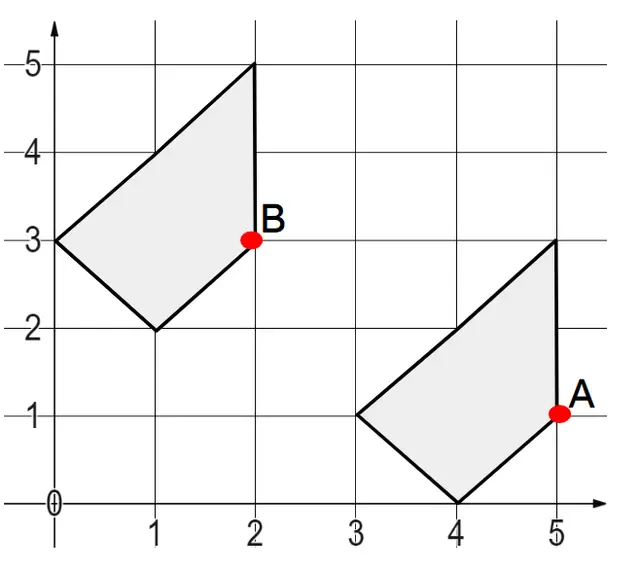Myths about teaching can hold you back
- Year 4
- Year 4
Translate polygons in the first quadrant
I can translate polygons in the first quadrant.
These resources will be removed by end of Summer Term 2025.
Switch to our new teaching resources now - designed by teachers and leading subject experts, and tested in classrooms.
These resources were created for remote use during the pandemic and are not designed for classroom teaching.
Lesson details
Key learning points
- Move the point in the horizontal direction in the translation.
- Move the point in the vertical direction in the translation,
- The shape made with the new points should be exactly the same shape and size as the original shape.
Keywords
Vertex / vertices - A vertex is the point where two or more lines meet. The plural is vertices.
Translate - Translation is a transformation in which every point of a shape moves the same distance in the same direction.
Common misconception
Pupils might mistakenly alter the shape or size of the polygon during translation, thinking the process involves resizing or reshaping.
Emphasise that translation is a "sliding" motion that moves the shape without changing its size or orientation. Demonstrate this with cut-out shapes that can be physically moved on a grid, showing that the shape remains identical after translation.
To help you plan your year 4 maths lesson on: Translate polygons in the first quadrant, download all teaching resources for free and adapt to suit your pupils' needs...
To help you plan your year 4 maths lesson on: Translate polygons in the first quadrant, download all teaching resources for free and adapt to suit your pupils' needs.
The starter quiz will activate and check your pupils' prior knowledge, with versions available both with and without answers in PDF format.
We use learning cycles to break down learning into key concepts or ideas linked to the learning outcome. Each learning cycle features explanations with checks for understanding and practice tasks with feedback. All of this is found in our slide decks, ready for you to download and edit. The practice tasks are also available as printable worksheets and some lessons have additional materials with extra material you might need for teaching the lesson.
The assessment exit quiz will test your pupils' understanding of the key learning points.
Our video is a tool for planning, showing how other teachers might teach the lesson, offering helpful tips, modelled explanations and inspiration for your own delivery in the classroom. Plus, you can set it as homework or revision for pupils and keep their learning on track by sharing an online pupil version of this lesson.
Explore more key stage 2 maths lessons from the Coordinates unit, dive into the full primary maths curriculum, or learn more about lesson planning.

Licence
Prior knowledge starter quiz
6 Questions
Q1.Which of these correctly describes the translation from shape A to shape B?
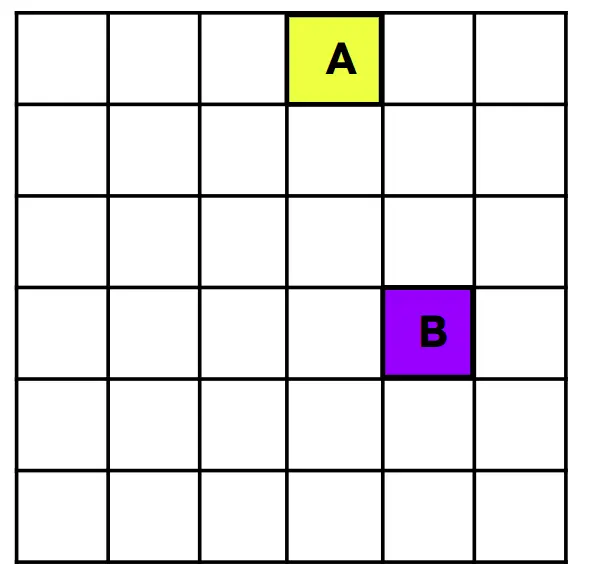
Q2.Describe the translation of A to B.
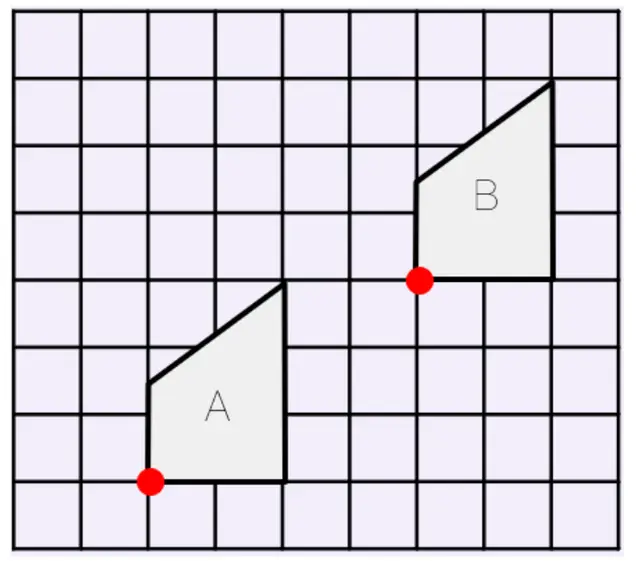
Q3.The polygon has been translated squares up.
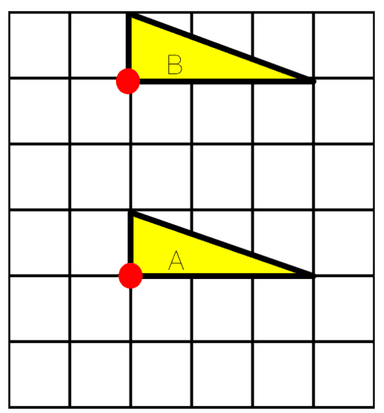
Q4.Look at the grid and write the coordinates of the point marked by a dot. Remember to use brackets and a comma.
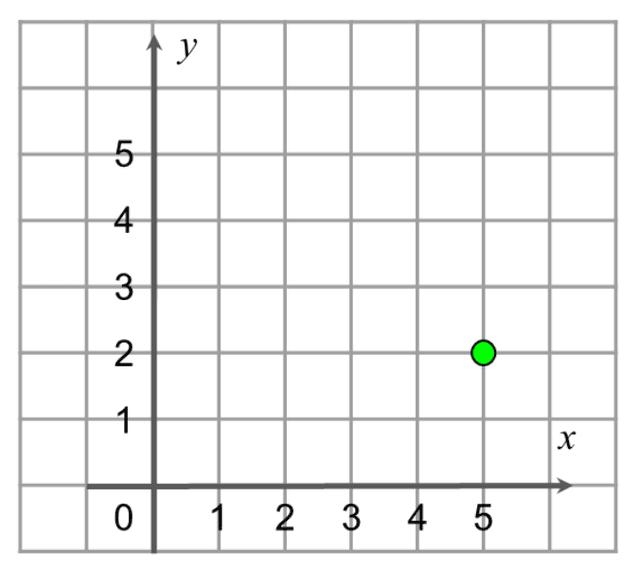
Q5.Look at the grid and write the coordinates of the point marked by a star. Remember to use brackets and a comma.
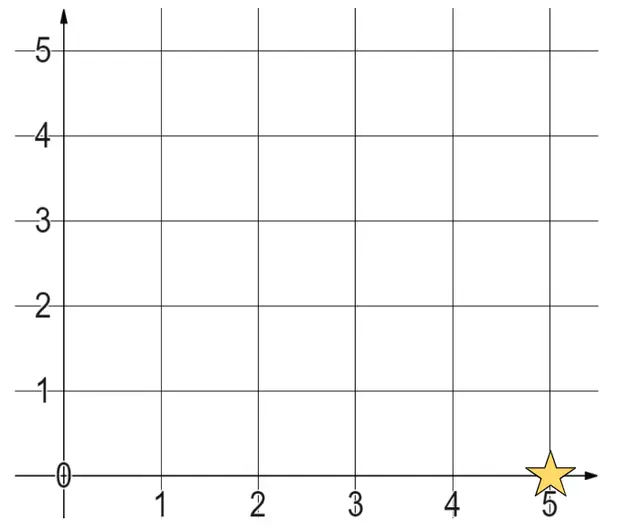
Q6.Lucas challenges Sofia to place another dot on the grid. He says the shape needs to be a pentagon. Which coordinates could it be?
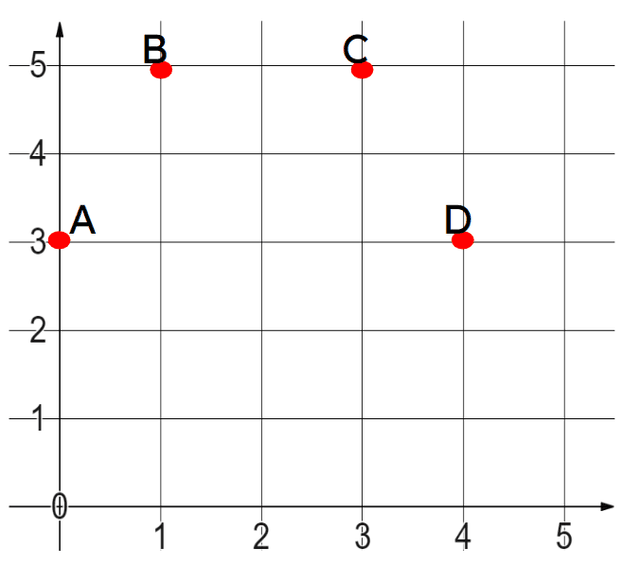
Assessment exit quiz
6 Questions
Q1.Jacob has translated shape A to shape B. Is he correct?
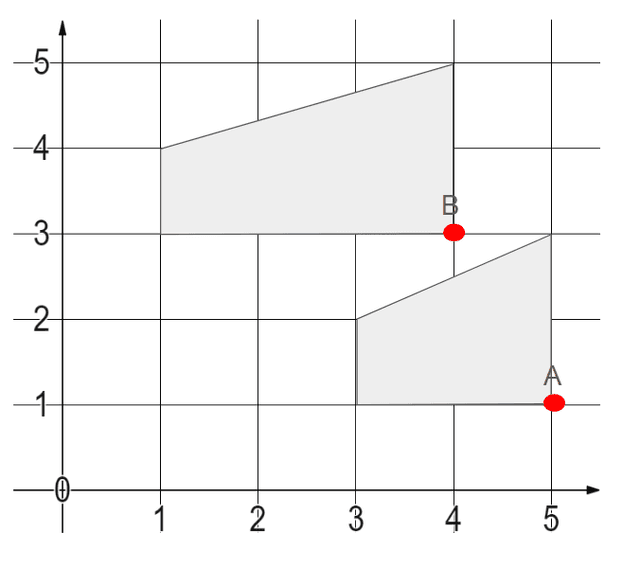
Q2.Lucas says: ‘When you translate a shape, you can also rotate it and it will still be correct.’ Is Lucas correct?
Q3.A note in a treasure chest gives the following coordinates for vertices of a shape: (5, 4) (4, 2) (3, 6) (2, 1) (1, 7)
What shape must it create?
Q4.Translate the polygon 1 square left. What are the new coordinates of the vertices?
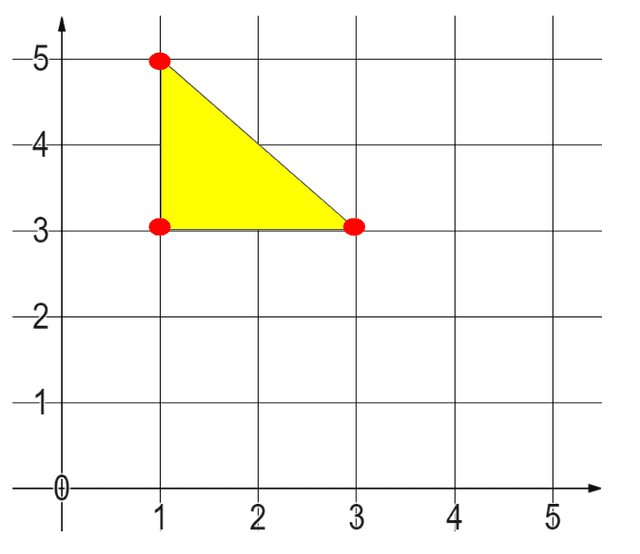
Q5.Translate the polygon 2 squares right and 1 square down. What are the new coordinates of the vertices?
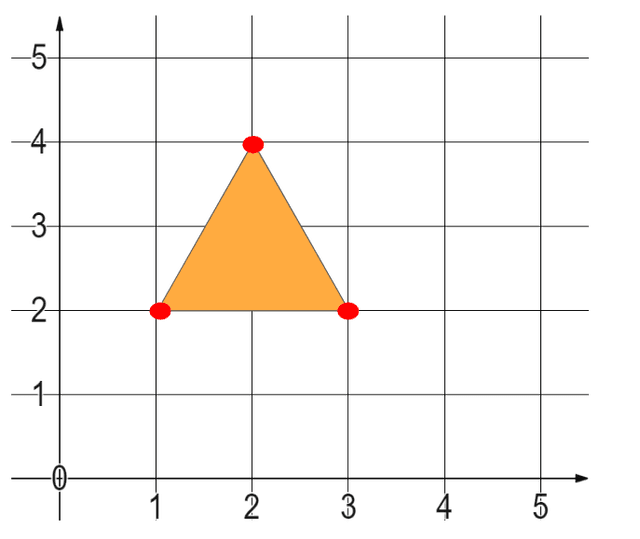
Q6.Look at the polygon. Write down the translation from A to B.
